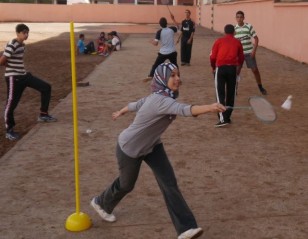
BWF Brings Proud Paralympian Programme to Badminton
Athletes are the beating heart of the Paralympic Movement and it is for that reason that during the HULIC DAIHATSU Para Badminton World Championships 2022, the Badminton World Federation (BWF) lead a series of development workshops throughout the week, collaborating with the International Paralympic Committee (IPC) on the Proud Paralympian Programme to help Paralympians on their sporting journey.
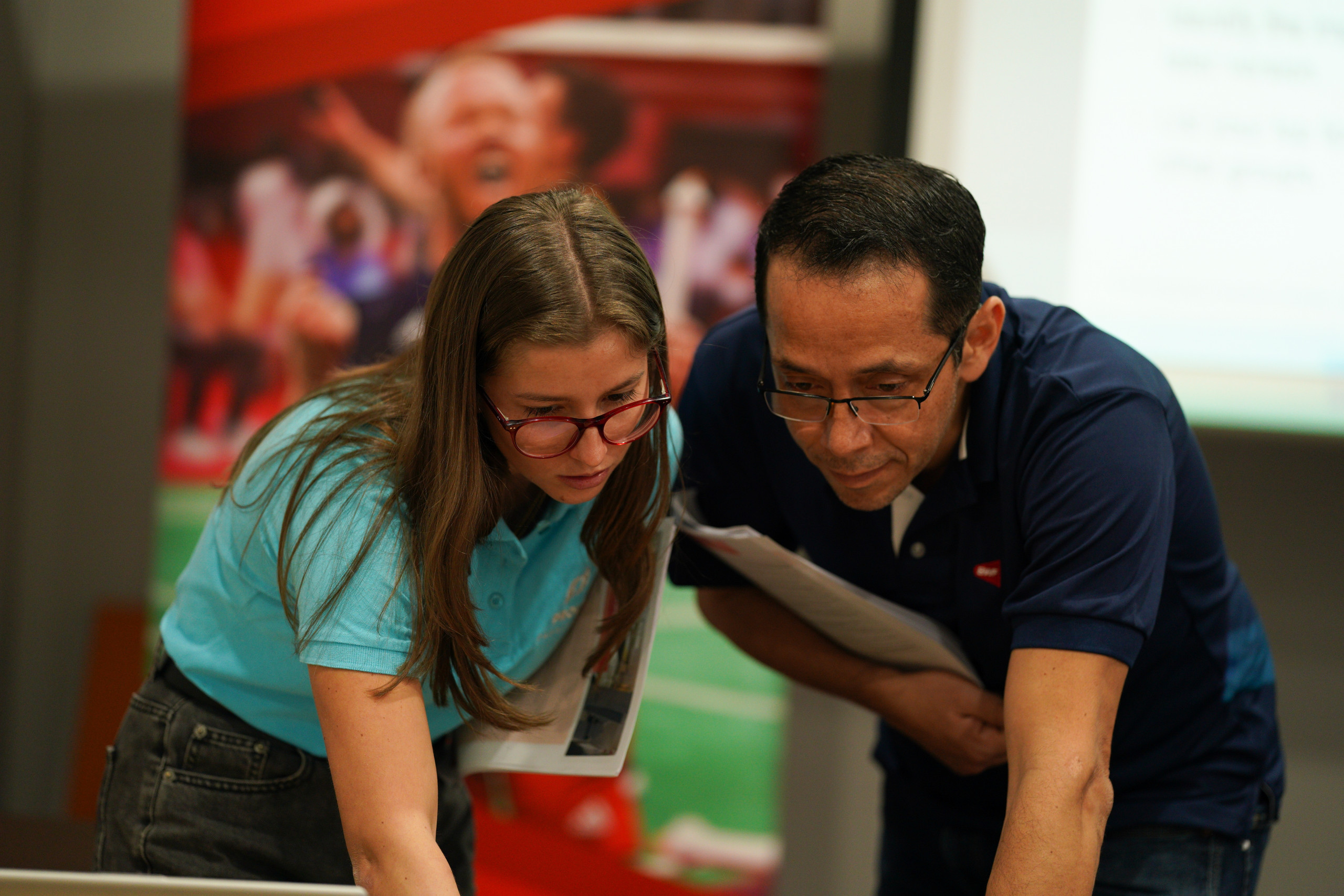
To mark International Day of Persons with Disabilities, we celebrate IPC trained leader, Camila Haase Quiros, who is one of the trainers of IPCs athlete education programme, the Proud Paralympian, for those who aspire to compete at the Paralympic Games.
Approximately 30 Para badminton athletes participated in the two-day course in Tokyo, which included helping athletes balance life on and off the field of play, plus better preparing them for success with educative drives for life beyond competing.
The Proud Paralympian modules featured topics on balancing sport and life, transferable skills, networking and tools for success.
“I think this is a great and important workshop for all Para athletes,” declared Hasse, a Para swimmer whose list of achievements includes her appearance at the Rio 2016 Paralympic Games, making her the first female Costa Rican athlete in any sport to have competed at the Paralympic Games.
“The modules include really important information on networking, how to navigate sponsorship, how to handle job interviews, CV writing and tools to equip athletes for their sporting careers and outside out competing too. This is my first time witnessing Para badminton and it is very competitive. It is unpredictable too, as in, you can never know who will win and it’s very exciting to watch,” Hasse added.
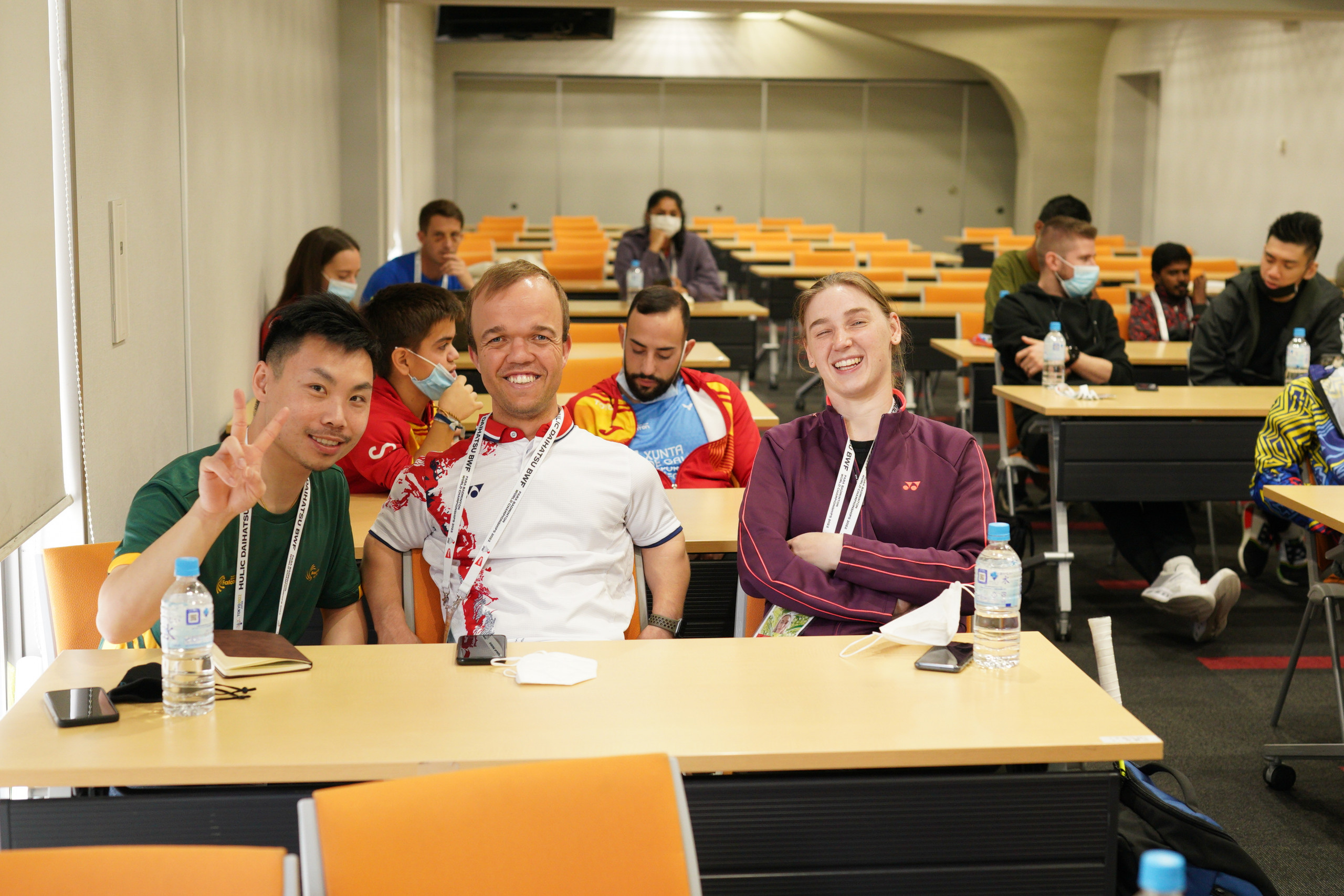
BWF Head of Communications, Lloyd Green, delivered part of the workshop, leading a session on working with the media; getting ready for interviews, Tweeting, blogging, and other forms of social media publishing.
“Following the great success of Para badminton’s debut at the Tokyo 2020 Paralympic Games, we have and will have more and more emerging stars from the sport as the interest in para athletes and their stories increases. The objective of the media training module is to better equip Para badminton athletes with the tools and experience they need to handle media interviews, understand the benefits and negatives of social media, and how to present and promote themselves through various channels in ways that are both authentic and fun. If we can enable this then the players themselves will be able to help us grow the sport,” said Green.
World No.15 para player Ritah Asiimwe (SU5) a scholar on the BWF-WAOS Postgraduate Certificate of International Sport Management, was one of the students participating in the Paralympian Programme, remarked how “educational” the course was for her.
“It was really enlightening. There were parts of the course I didn’t know how to do, like how to structure my CV, understand my approach to media interviews, and how I come across on social media platforms. The module has taught me how to build my brand on social media. I’m not famous, but I am known and I understand now that fans want to have an insight into my life and my para journey. It’s also a great platform to speak up about positive topics.”
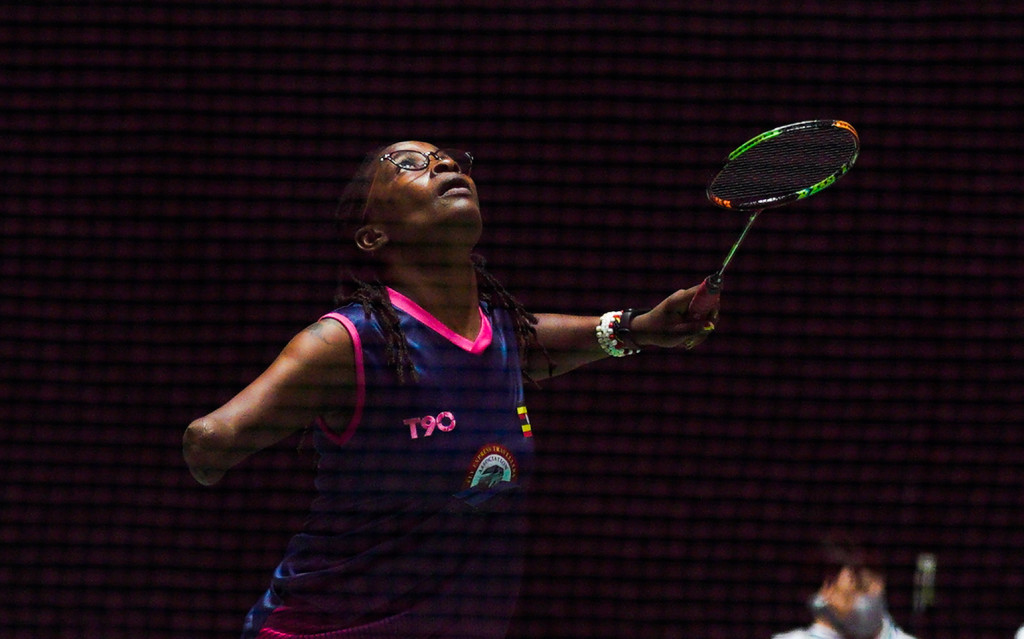
Olympic and Paralympic News

Shuttle Time Helps Counter Drug Abuse in Sierra Leone Communities 2 March 2024

Humans of Shuttle Time: Paulo Jerome Niniano Quidato 1 February 2024

YOG Legacy Plan: Catalyst for African Badminton Development 21 December 2023

Empowering Dreams: BWF-IPC Para Badminton Workshop Ignites Passion and Possibilities in Africa 3 December 2023

Dorsa Yavarivafa: A Refugee’s Journey of Olympic Dreams 15 November 2023

Huhn’s Honour to Cherish for Life 22 September 2023

Raul Anguiano Paving New Paths in Sports Management 2 September 2023

BWF Continues CSR Outreach 12 August 2023

Presentations on the Art and Science of Competing 11 August 2023

Female Coaches to Undergo Mentor Programme 25 July 2023

World Coaching Conference Promises Wealth of Insights 18 July 2023

World Badminton Day: Initiatives that Power Spread of Badminton 5 July 2023

No Hall, No Problem: Meet the Shuttle Time Tutor Firing Up Fiji 5 July 2023

How Cordon’s Inspiring Latin America’s Badminton Bloom 4 July 2023

World Beach Games: South Africa Grab Final Spots 1 July 2023

Female Participation Grant Gives Space-Loving Nazaha Out-of-World Experience 27 June 2023

Action, Fun and Laughter 27 June 2023

Special Olympics: Gade, Zwiebler Shine Light on Inclusion 26 June 2023

Asian Qualifier: Best Friends Steer Hong Kong China to Bali 26 June 2023

Let’s Move, Let’s Shuttle Time for Olympic Day 23 June 2023

Badminton Goes All-Inclusive at Special Olympics World Games 22 June 2023

Entries Confirmed for ANOC World Beach Games Asian Qualifier in Malaysia 20 June 2023

Humans of Shuttle Time: Josefa Matasau 6 May 2023

Targeted Approach for Sports Science Programme 15 April 2023

Female Participation Grant Realises Quintet’s Ambitions 8 April 2023

Studies Show Badminton Useful in Promoting Community Health 8 April 2023
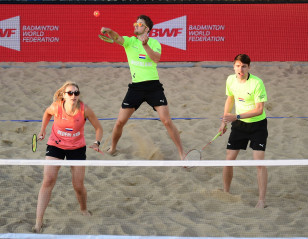
World Health Day: Get Active with AirBadminton 6 April 2023

An Occasion to Celebrate – Through Badminton 6 April 2023

Aspiring Athletes Grateful for Scholarship Opportunity 3 April 2023

Humans of Shuttle Time: Richard Gregory Wong 1 April 2023

Shuttle Time University Course a Hit in Lebanon 31 March 2023

Shuttle Time Project of the Month: Tunisia 24 March 2023

International Women’s Day: ‘Badminton a Universal Recipe for Happiness’ 8 March 2023
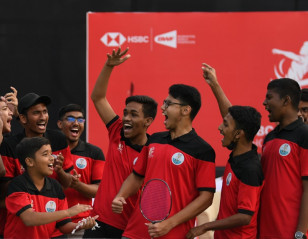
Successful Conclusion to School Badminton Event in Dhaka 5 March 2023
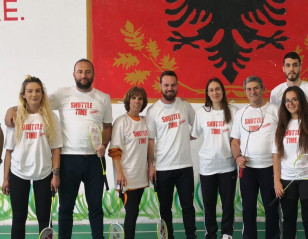
Humans of Shuttle Time: Alessandro Redaelli 3 March 2023
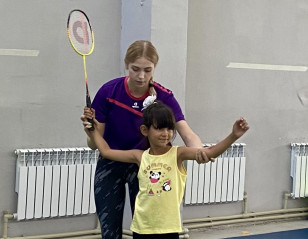
Humans of Shuttle Time: Veronika Protassova 10 February 2023
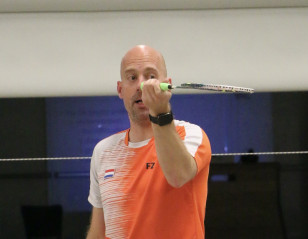
Humans of Shuttle Time: Robbert de Keijzer 3 February 2023

Humans of Shuttle Time: Caroline M Vaughn 26 January 2023

BWF Push for Athlete Education, Dual Career 25 January 2023

Kingsley Metu, the Doctor with a Unique Passion 26 November 2022

Humans of Shuttle Time: Sam Paterson 25 November 2022

Humans of Shuttle Time: Deki Tshomo 18 November 2022

Humans of Shuttle Time: Hadeel Mohammad Alomari 13 November 2022

Humans of Shuttle Time: Daiverson Ferrari Rodrigues 14 October 2022

Humans of Shuttle Time: Ammar Awad 7 October 2022

Turning Dreams to Reality 2 October 2022
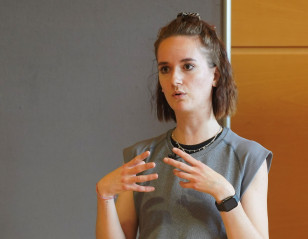
Humans of Shuttle Time: Carolin Ruth 30 September 2022
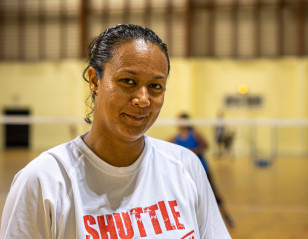
Humans of Shuttle Time: Caroline Brial 23 September 2022
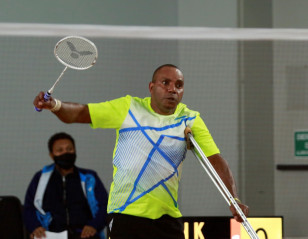
Humans of Shuttle Time: Danny Ten 16 September 2022
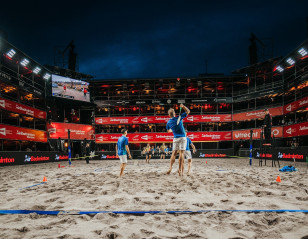
AirBadminton Qualifying Released for World Beach Games 15 September 2022
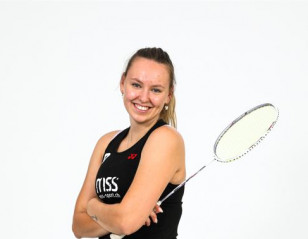
Appenzeller Hoping to Inspire the Next Generation of Youth 12 August 2022

AirBadminton to Debut at World Beach Games 4 August 2022
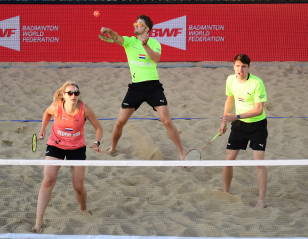
AirBadminton Takes Off In Hamburg 20 July 2022
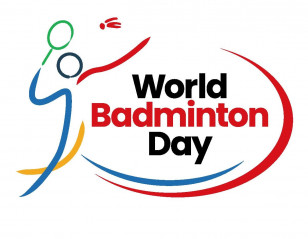
BWF Celebrates Inaugural World Badminton Day 5 July 2022
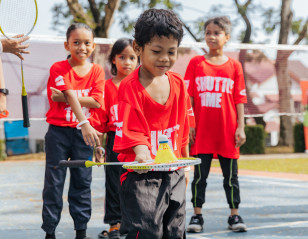
Badminton for all on World Badminton Day 5 July 2022
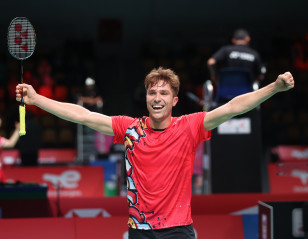
Olympic Day: Rossi’s Paris 2024 Journey Begins Now 23 June 2022
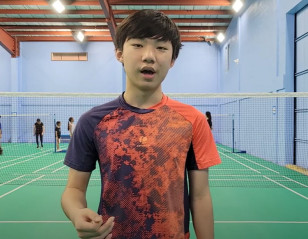
Course That Preps Young Players For Success 21 June 2022
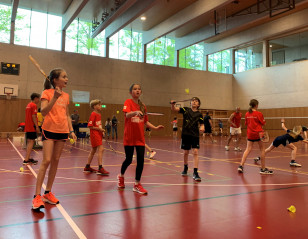
World Refugee Day: Shuttle Time For Peace 20 June 2022
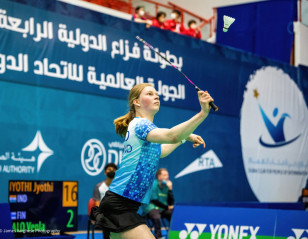
BWF Female Participation Grant 2022: Salo Aims High 5 June 2022
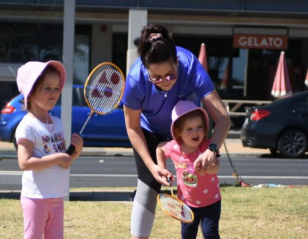
World Badminton Day: Registrations Indicate Diversity of Groups and Activities 5 May 2022
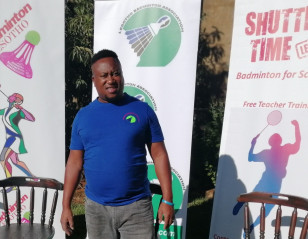
Humans of Shuttle Time: Mohlala Mopeli 22 April 2022
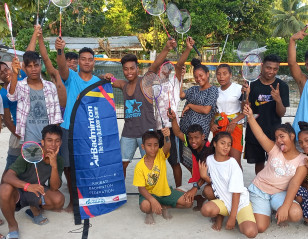
World Health Day: Pick Up a Racket and Get Active 7 April 2022
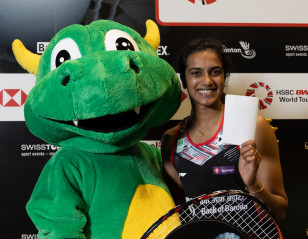
Raise Your #WhiteCard For Peace in Sport 6 April 2022
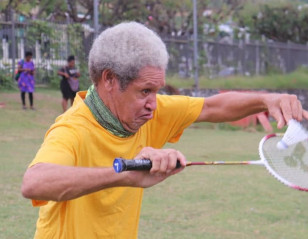
Otoase Talks Badminton and Autism 2 April 2022
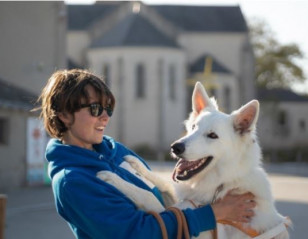
Playing With Autism, And How a ‘Superhero’ Friend Helps 2 April 2022
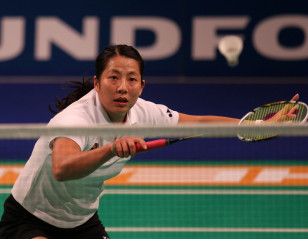
International Women’s Day: Xu Gives Back to Badminton 8 March 2022
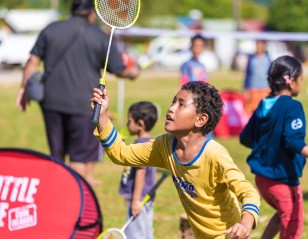
First World Badminton Day to be held 5 July 2022 4 March 2022
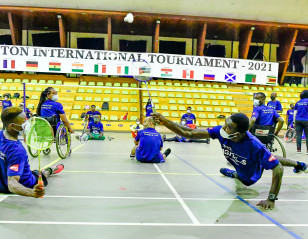
Agitos Empowers Greater African Participation 26 February 2022
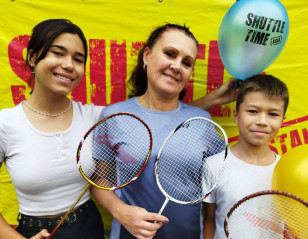
Humans of Shuttle Time: Tatiana Petrova 25 February 2022
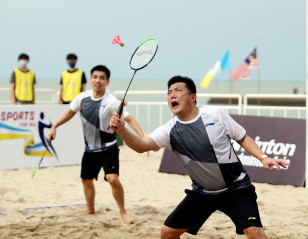
Fun, Friendly AirBadminton Picks Up Pace 23 February 2022
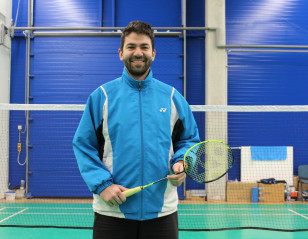
Humans of Shuttle Time: Levente Nagy-Szabó 19 February 2022
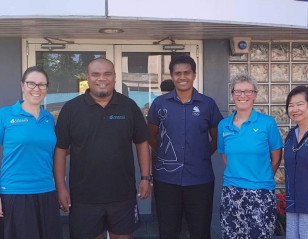
Humans of Shuttle Time: Kumon Tarawa 10 February 2022
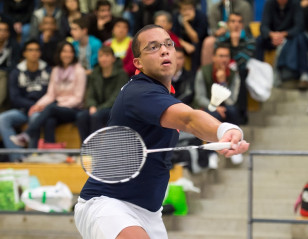
Humans of Shuttle Time: Didier Nourry 6 February 2022
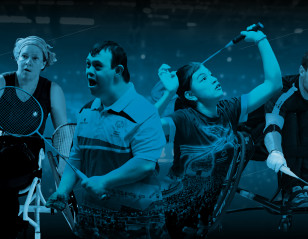
BWF Unveils Para Badminton Initiatives for 2022 31 January 2022
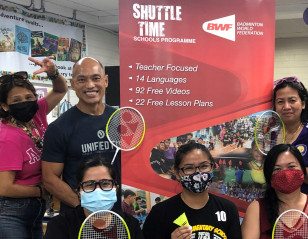
Humans of Shuttle Time: Joseph Devenecia 28 January 2022
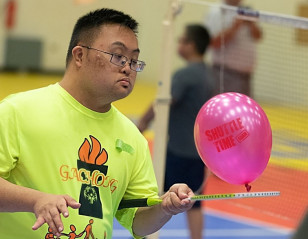
Badminton Oceania Renews Special Olympics Commitment 27 January 2022
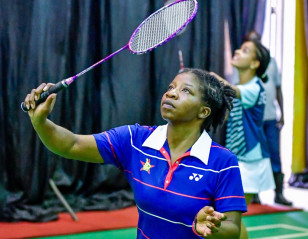
Female Participation Grant Empowers Ngoma and Many More 10 January 2022
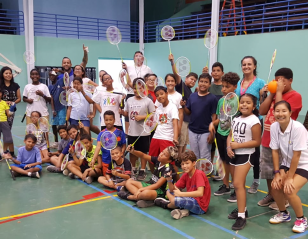
Humans of Shuttle Time: Su Ying Lau 7 January 2022
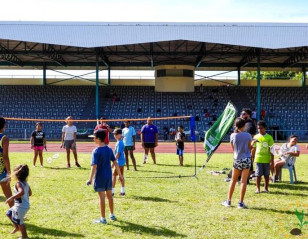
Tinomana Naea Recognised For Serve-ing Pacific 22 December 2021
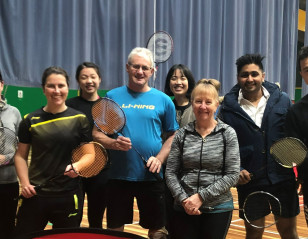
Humans of Shuttle Time: Erin Walklate 12 November 2021
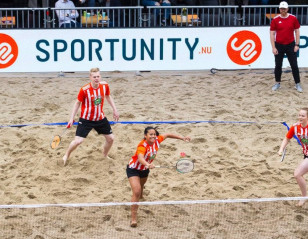
AirBadminton Round The World 3 November 2021
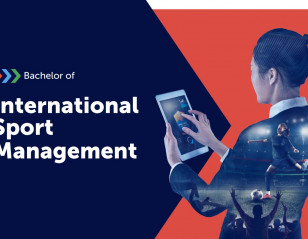
Deadline Extension for Degree Application 10 September 2021
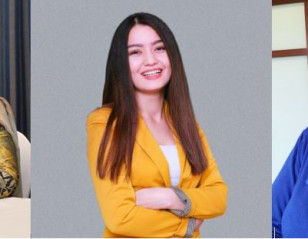
BWF Collaborates on Promoting Leadership Roles for Women 22 August 2021
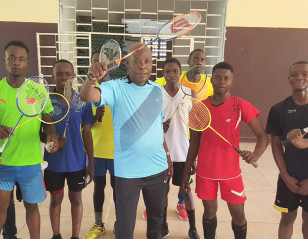
Humans of Shuttle Time: Bukasa Mukoma Marcel 15 August 2021
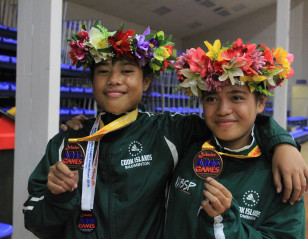
How Player Development Grants Help Create Potential Olympians 23 June 2021
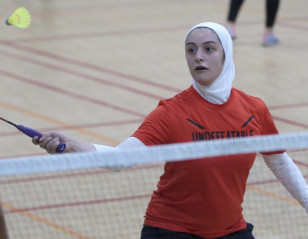
World Refugee Day: ‘Badminton Joy Spread Like Light’ 20 June 2021
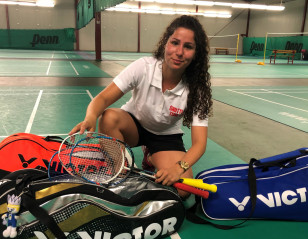
Meet Paniz, Whose ‘Parallel Play’ is Making History 19 June 2021
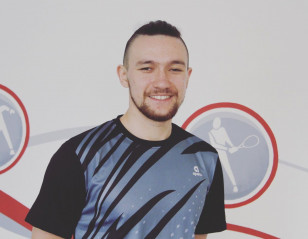
Humans of Shuttle Time: Artur Niyazov 18 June 2021
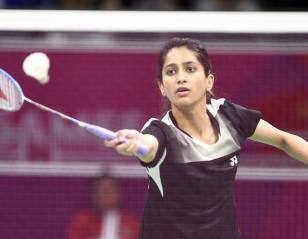
Second Intake for Successful Sport Industry Scholarship 14 June 2021
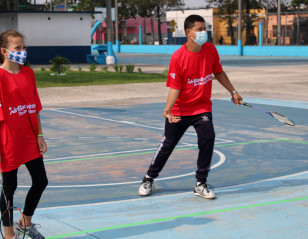
AirBadminton Debuts in Pan America 12 June 2021
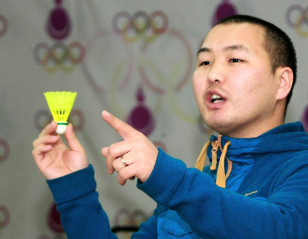
Humans of Shuttle Time: Galkhuu Zulbaatar 4 June 2021
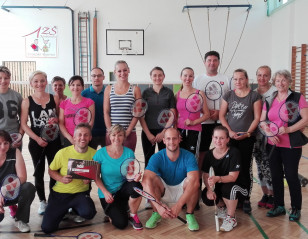
Humans of Shuttle Time: Zuzana Rajdugova 14 May 2021
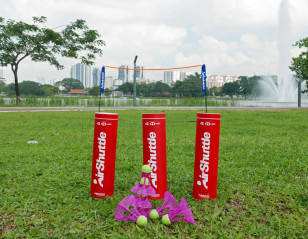
#AirBadmintonAnywhere Competition 13 May 2021
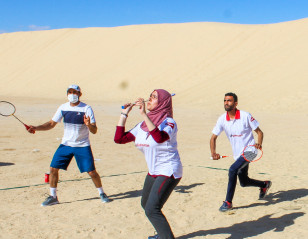
Milestones in AirBadminton’s Two-Year Journey 13 May 2021
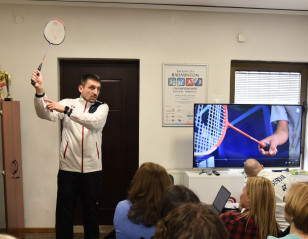
Humans of Shuttle Time: Milan Barbir 7 May 2021
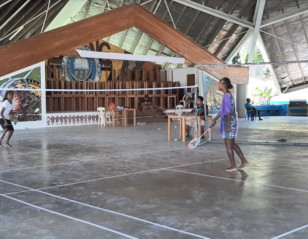
Solomon Islands’ Easter Celebration of Badminton 27 April 2021
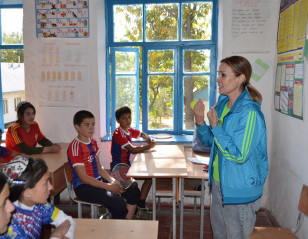
Humans of Shuttle Time: Nargis Nabieva 16 April 2021
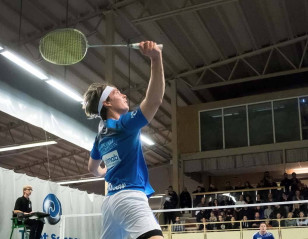
Humans of Shuttle Time: Hannes Andersson 10 April 2021
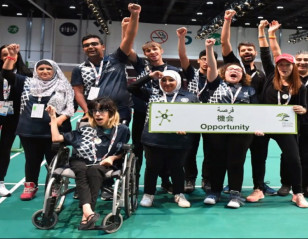
BWF Emphasises Importance of Inclusion 8 April 2021
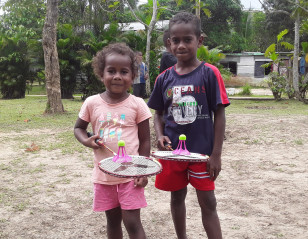
AirBadminton: Healthy, Fun and More 7 April 2021
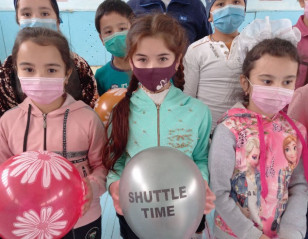
How University Research Backs Shuttle Time Over PE 7 April 2021
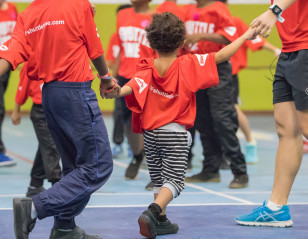
BWF Initiative to Boost More Children 6 April 2021
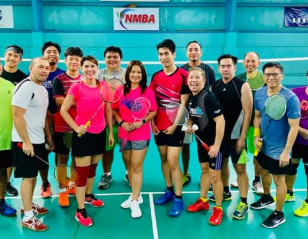
Humans of Shuttle Time: Merlie Tolentino 2 April 2021
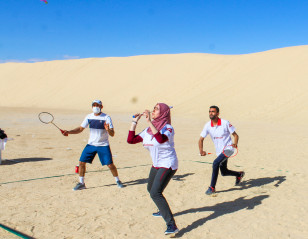
AirBadminton Takes Off in Tunisia 31 March 2021
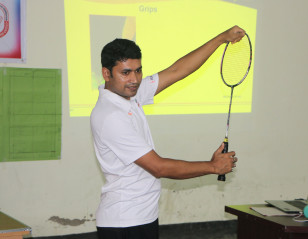
Humans of Shuttle Time: Nikhil Chandra Dhar 26 March 2021
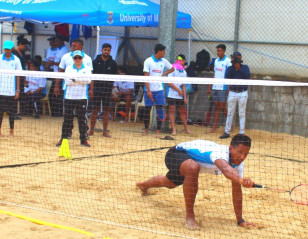
AirBadminton Takes Off in Africa 10 March 2021
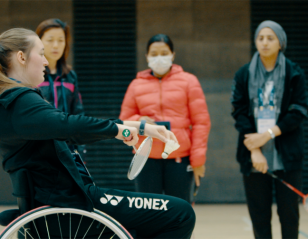
International Women’s Day: ‘Badminton is for Everyone’ 8 March 2021
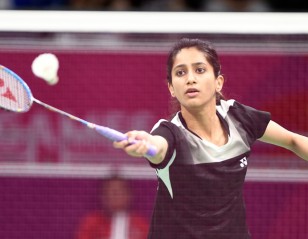
Hundreds Benefit From BWF-WAoS Scholarships 5 March 2021
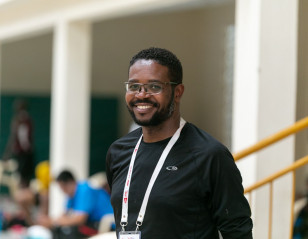
Humans of Shuttle Time: Geoffrey Shigoli 19 February 2021
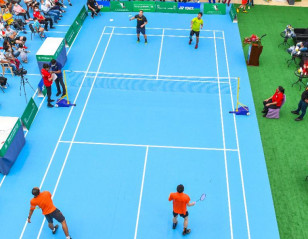
Desert Metropolis to Badminton Hub 18 February 2021
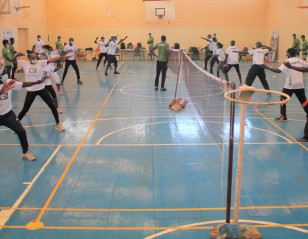
Grants Programme Rolls Out 9 February 2021
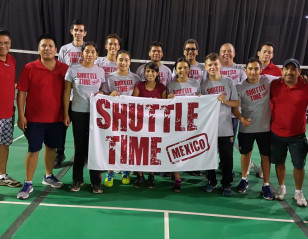
Humans of Shuttle Time: Erik Betancourt Luna 5 February 2021
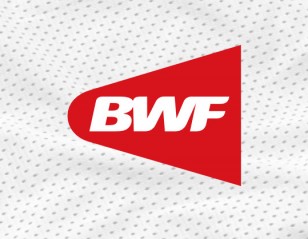
AirShuttle 2.0 Now in Production 18 December 2020
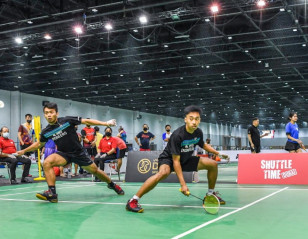
Badminton Rebounds in Dubai With Record Participation 17 December 2020
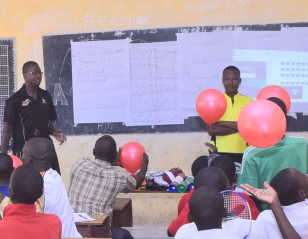
Humans of Shuttle Time: Richard Ssali Kaggwa 11 December 2020
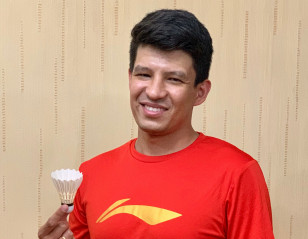
Humans of Shuttle Time: Azizbek Madjitov 4 December 2020
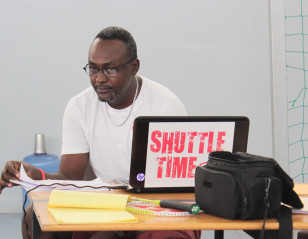
Humans of Shuttle Time: Elie Jean 27 November 2020
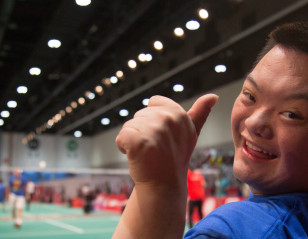
BWF and Special Olympics Publish Global Development Strategy 25 November 2020
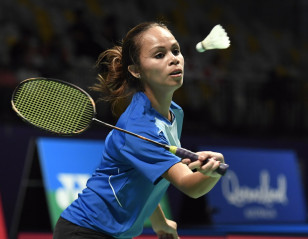
Humans of Shuttle Time: Danielle Whiteside 20 November 2020
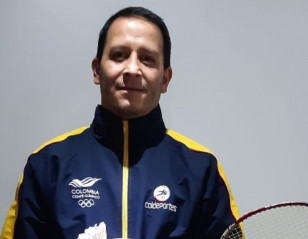
Humans of Shuttle Time: Oscar Alejandro Vera Suarez 13 November 2020
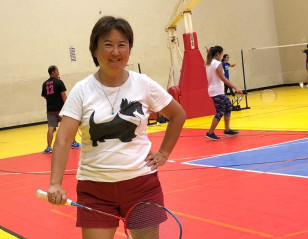
Humans of Shuttle Time: Sandra Low 6 November 2020
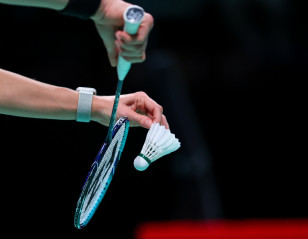
BWF Membership Grant Programme Turns Focus to ‘Bringing Badminton Back’ 6 November 2020
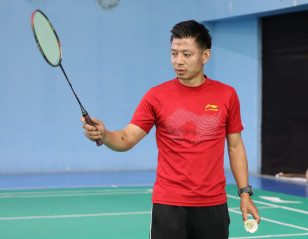
Humans of Shuttle Time: Dorji 31 October 2020
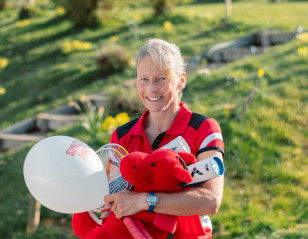
Humans of Shuttle Time: Genevieve Cutter 2 October 2020
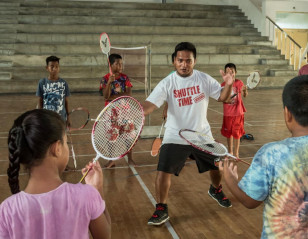
Kiribati, the Only Nation to Play Badminton Across All Hemispheres 1 October 2020
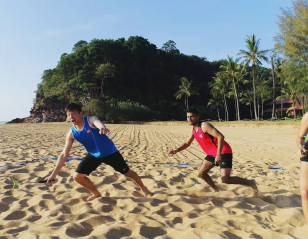
Learn More About AirBadminton with New Video Series 22 September 2020
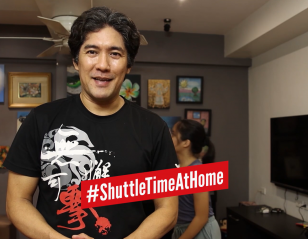
Shuttle Time at Home | Challenge 5: Calf Catching 1 September 2020
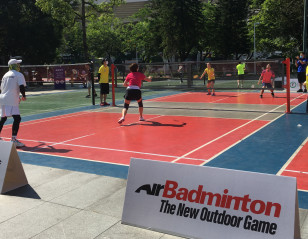
AirBadminton Debuts at Guangzhou Sports Festival 13 August 2020
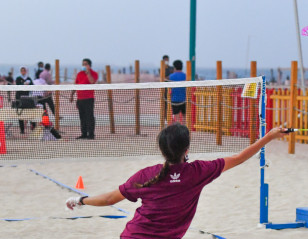
AirBadminton Makes Mark at Beach Sports Week in Dubai 6 August 2020

Shuttle Time at Home | Challenge 4: Balance The Racket 28 July 2020

Shuttle Time at Home | Challenge 3: Balance & Throw 9 July 2020
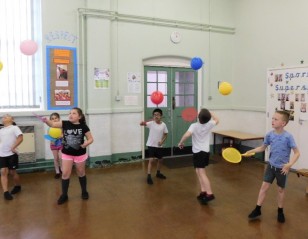
Shuttle Time Trumps Regular PE, Says Study 2 July 2020
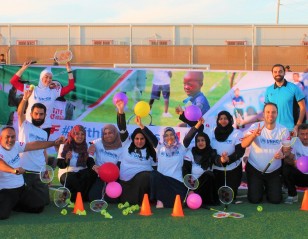
World Refugee Day: Badminton, a Sport For All 20 June 2020
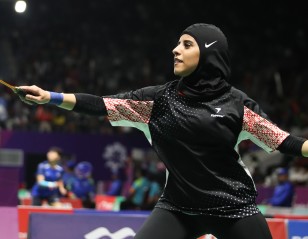
Arab Federation’s Online Sessions a Big Draw 11 June 2020

Shuttle Time at Home | Challenge 2: Backhand Low Serve 9 June 2020

Shuttle Time at Home | Challenge 1: Balloon Tap 19 May 2020
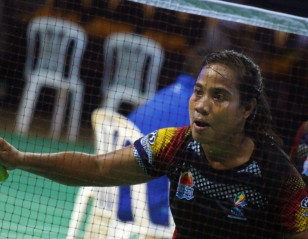
Teitiria and Tinabora – Kiribati’s Perfect Badminton Role Models 8 April 2020
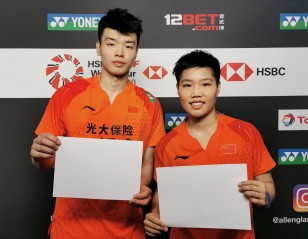
Behind each #WhiteCard, there is a story 6 April 2020
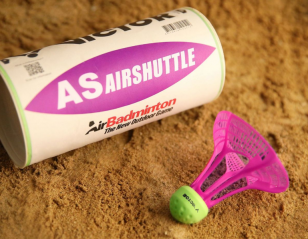
VICTOR Sports on board to launch AirShuttle 2 April 2020
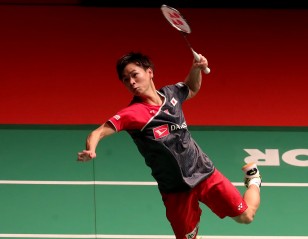
Study Sheds More Light on Jump Smash 2 April 2020
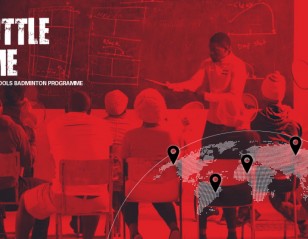
Shuttle Time Explodes 5 February 2020
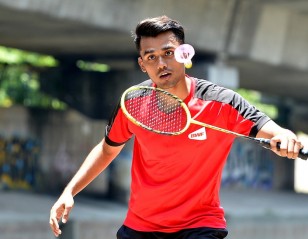
High Time for AirBadminton 4 February 2020
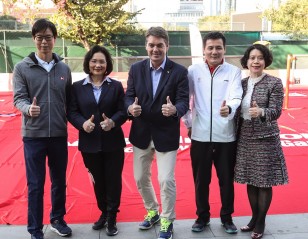
HSBC BWF AirBadminton Community Project Unveiled 11 December 2019

Badminton Beyond Borders 26 November 2019
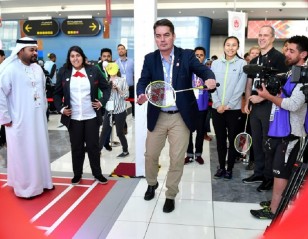
Inaugural Unified Special Olympics Championships Begin 14 November 2019
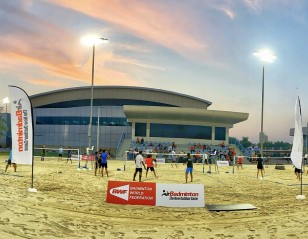
AirBadminton Begins To Take Flight 2 November 2019
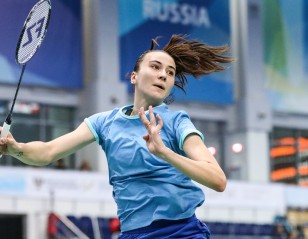
World Juniors Showcases Growth of Badminton 31 October 2019
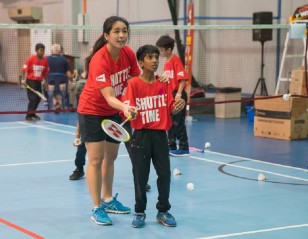
Boost For Badminton Against Myopia Project 15 October 2019
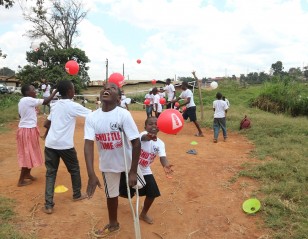
World Mental Health Day: 9 Health and Social Benefits of Badminton 10 October 2019
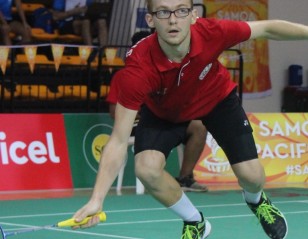
History for Tahiti Juniors 7 October 2019
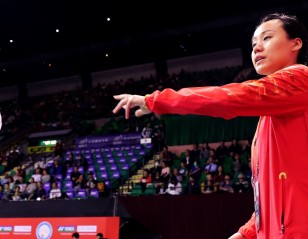
World Coaching Conference 2019: ‘To Attack, Not Just Assist’ 1 October 2019
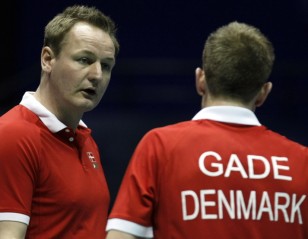
World Coaching Conference 2019: How Transition Training Helped Peter Gade 26 September 2019
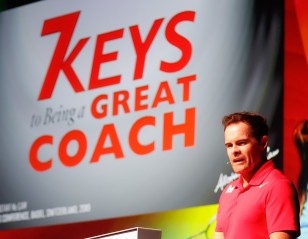
World Coaching Conference a Success 25 September 2019
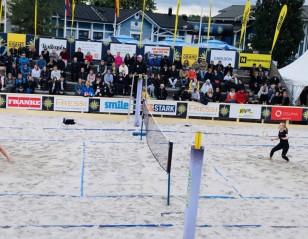
AirBadminton Tournament Debuts at Popular Fest 7 August 2019
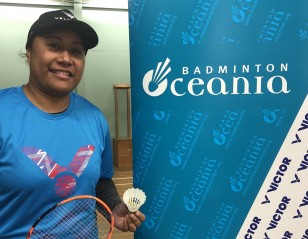
Coach on a Mission 2 July 2019
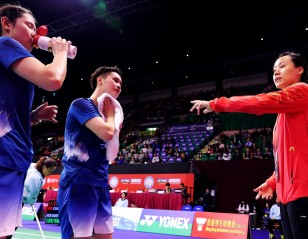
19 Days Left To Register for World Coaching Conference 26 June 2019
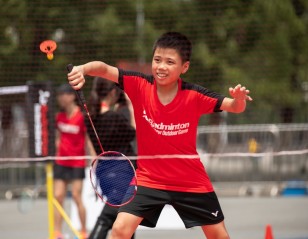
BWF Looks Forward to Next Phase of AirBadminton Project 20 May 2019
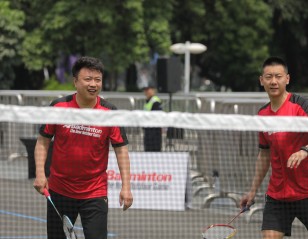
Chinese stars endorse AirBadminton 16 May 2019
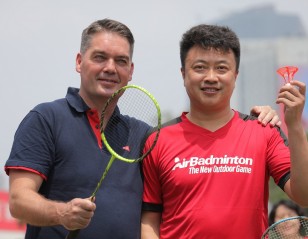
Insights into the New AirShuttle 15 May 2019
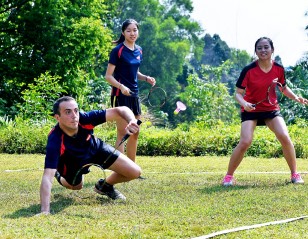
7 Things You Need to Know About AirBadminton 14 May 2019

Why AirBadminton? 14 May 2019
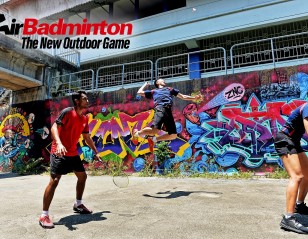
AirBadminton – The New Outdoor Game 13 May 2019

BWF and HSBC to Launch New Outdoor Badminton Game 10 May 2019
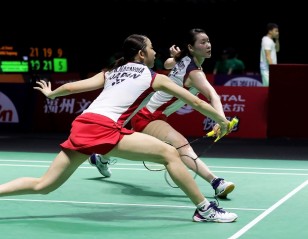
Seven Health and Social Benefits of Badminton 7 April 2019

Healthier Children with Shuttle Time 7 April 2019
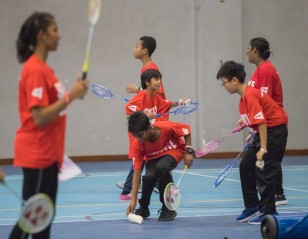
BWF Encourages ‘Sport For All’ Through Charity Coaching Clinic 6 April 2019
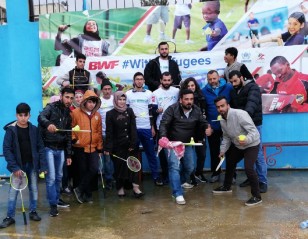
Badminton and UNHCR Unite for Refugee Cause 26 March 2019
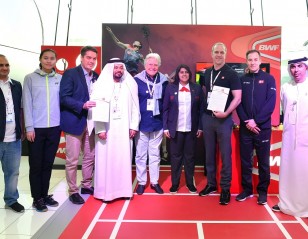
BWF and Special Olympics Launch Long-Term Partnership 18 March 2019
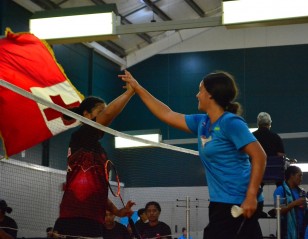
BWF Shuttle Time Graduates Debut on the Big Stage 14 March 2019
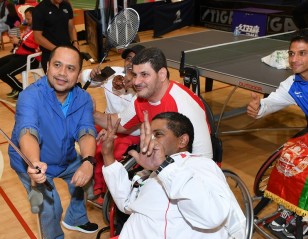
Para badminton Athletes Excel at IWAS World Games 15 February 2019
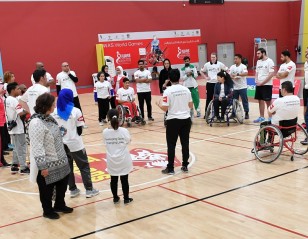
Pathway for Para Badminton Development in West Asia 9 February 2019
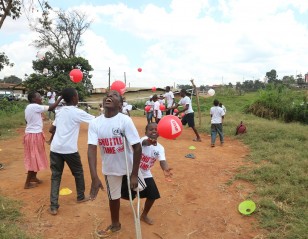
Launch of BWF-UN Badminton For All Video 8 February 2019
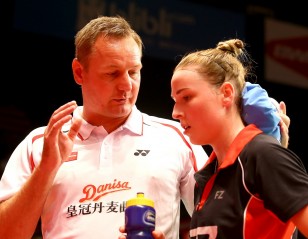
Star speakers assembled for BWF World Coaching Conference 2019 30 January 2019
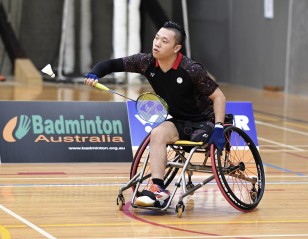
Para Badminton Gets Further Boost With Inclusion at Paris 2024 28 January 2019
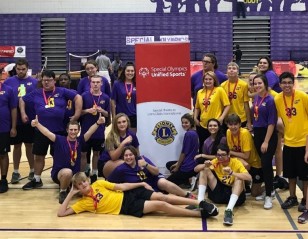
Unified Badminton Takes Off in Arizona 20 April 2018
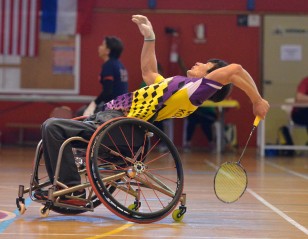
Wheelchair Para-Badminton in Focus 20 April 2018
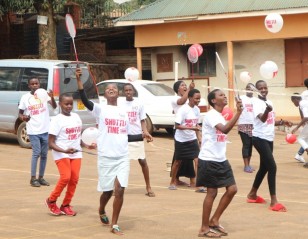
‘Badminton for All’ Reaches Thousands 19 April 2018
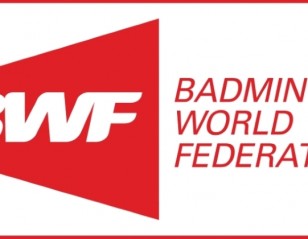
Olympics in BWF Research 6 February 2017
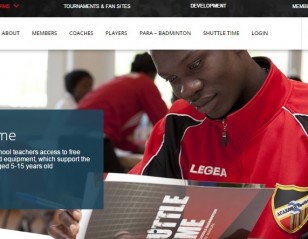
BWF’s Newest Websites 22 December 2016
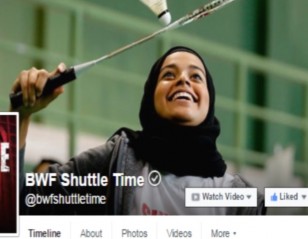
Web Platforms Boost Shuttle Time 27 May 2016
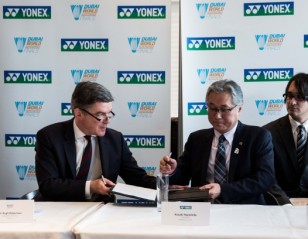
Yonex Renews Partnership with Dubai World Superseries Finals 14 March 2016
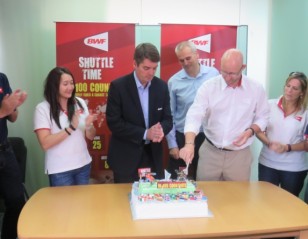
BWF Celebrates 100 ‘Shuttle Times’ 29 February 2016
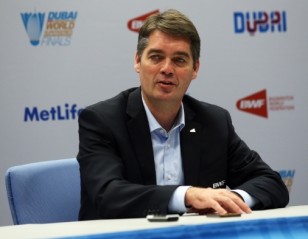
Høyer Praises Badminton Development in Dubai 13 December 2015
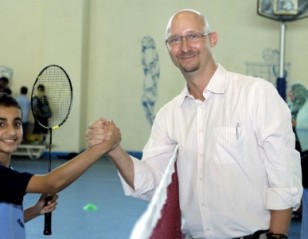
Local Training Centres Launched in Dubai 1 October 2015
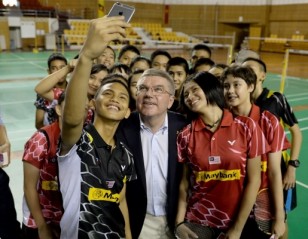
Bach Lauds BWF Integrity and Development 27 July 2015
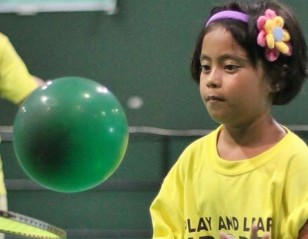
Shuttling Towards 100 Implementations 2 June 2015
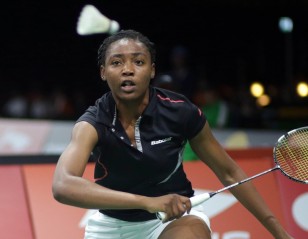
‘Development’ Players in Phase 1 List 6 May 2015
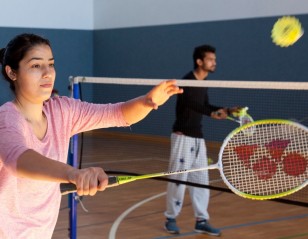
Shuttle Time a Hit at UN Leadership Camp 5 May 2015
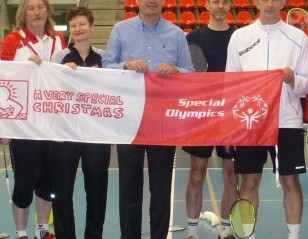
Badminton Boost for Special Olympics 24 April 2015
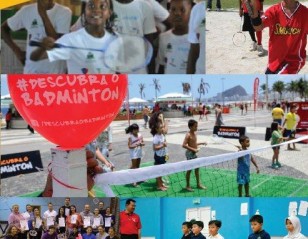
Badminton for Development and Peace 6 April 2015
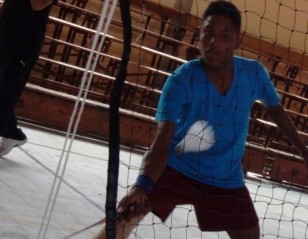
Shuttle Time Eyes 90th Implementation 3 March 2015
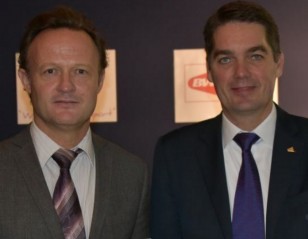
School Focus for BWF-ISF Partnership 29 October 2014
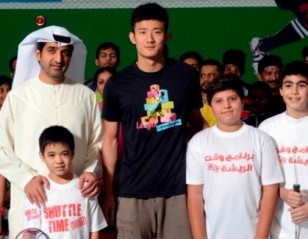
Chen Long Catches Fast Shuttle to Dubai 22 October 2014
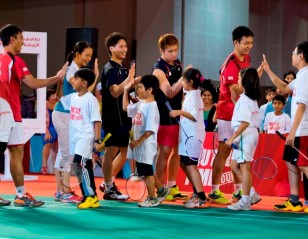
Top Players Launch Shuttle Time Dubai 4 July 2014
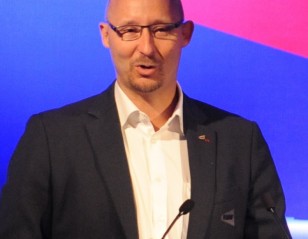
Scoring or Otherwise – Athletes First 29 May 2014
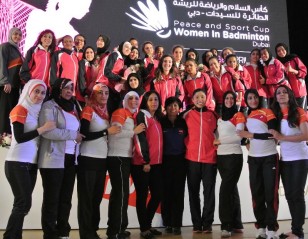
Thumbs-up for Peace and Sport Cup 9 May 2014
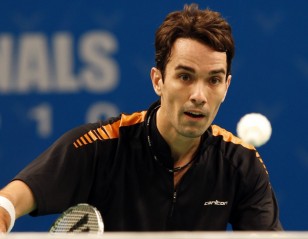
Badminton Veterans Selected IOC ARMs 18 March 2014
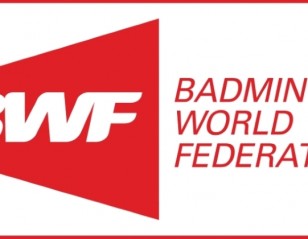
Arab Women Showcase Badminton Talent 18 March 2014
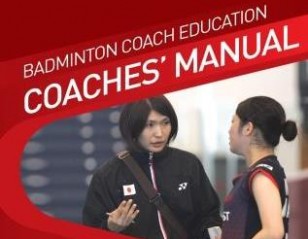
It’s Here – BWF Coach Education Level 2! 5 December 2013
